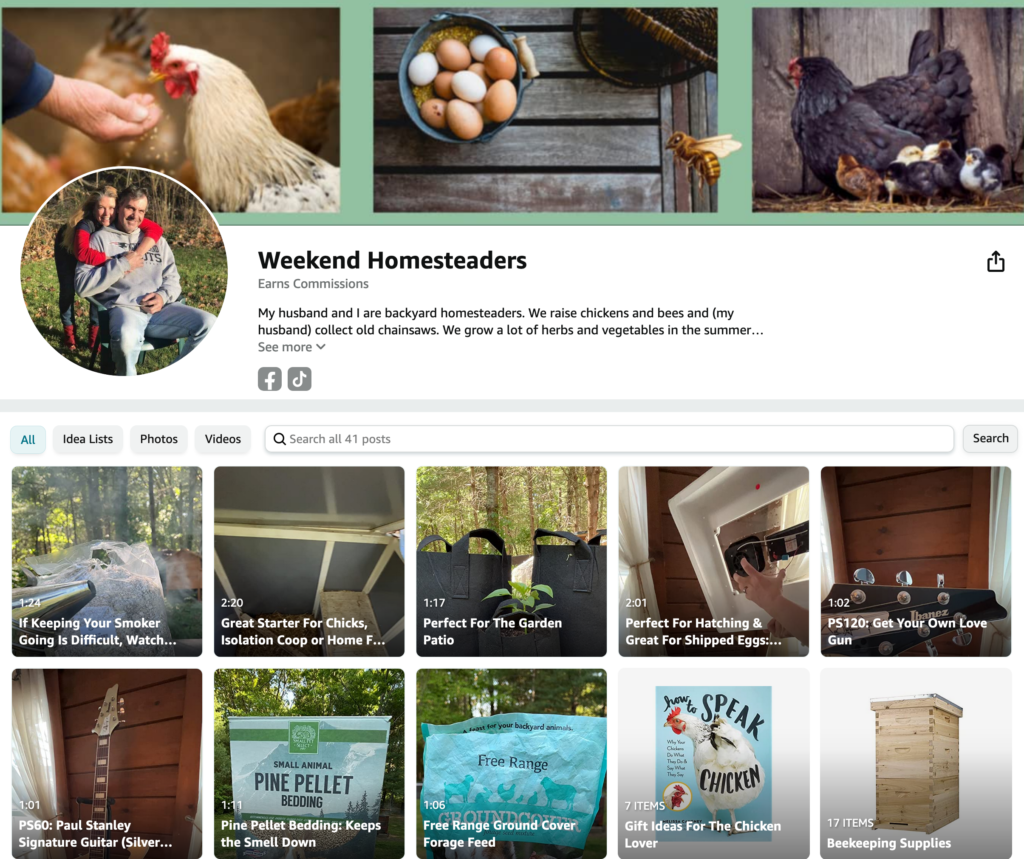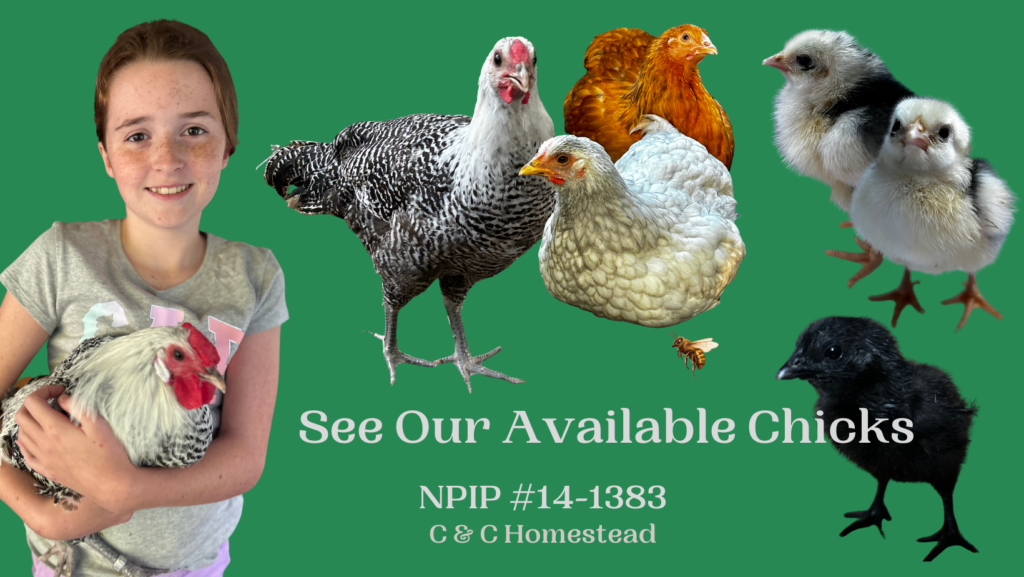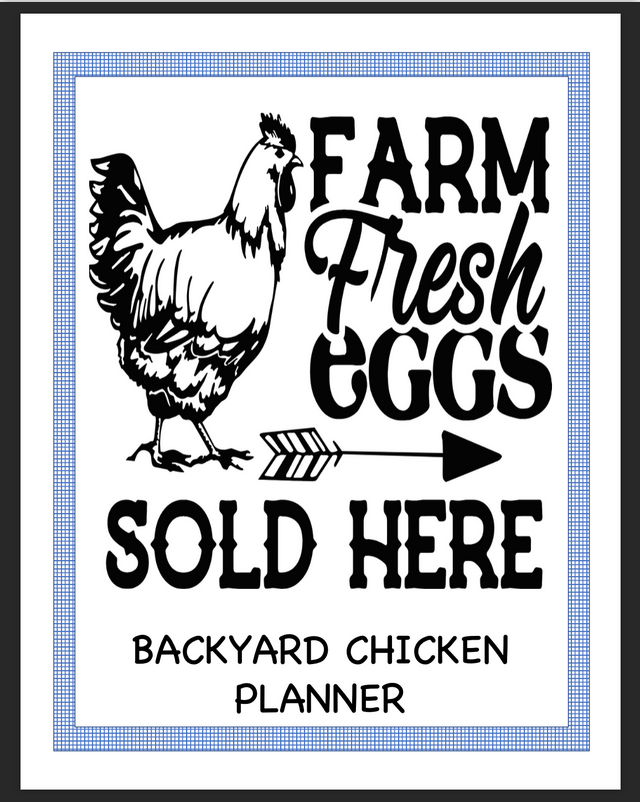Balancing Corporate & Homesteading Lifestyles
👑 The Emergency Queen: When the Hive Chooses a New Leader
In the fascinating, organized chaos of a beehive, nothing is left to chance — not even leadership transitions. When a queen bee dies unexpectedly, goes missing, or fails to perform, the hive doesn’t fall apart in despair. Instead, it launches into emergency mode to…
What Is Tallow?
Tallow is a form of rendered animal fat, most commonly made from beef suet (the dense fat around a cow’s kidneys). Once rendered, it becomes a stable, shelf-friendly fat with a creamy texture and a long history of use in cooking, skincare, soapmaking, and…
Cluck Kent: The Boot That Brought Trouble
It was a quiet morning in the coopyard. The chicks were practicing their ninja jumps, the hens were gossiping near the compost pile, and Cluck Kent—our ever-watchful feathered reporter—was pecking for the truth as usual. That’s when the boot appeared. Not just any boot.A…
Self Heal Salve
🌿✨ DIY Self-Heal Salve for Skin Soothing and Minor Wounds A gentle, all-purpose salve made from the healing magic of Self-Heal (Prunella vulgaris)!Perfect for minor cuts, scrapes, burns, insect bites, dry skin, and irritation. 🛒 Ingredients: 1/2 cup dried Self-Heal leaves and flowers 1…
Cluck Kent Reports: The Great Mouse Invasion!
🦸♂️ Cluck Kent, your fearless field reporter, here with a breaking story straight from the henhouse — and folks, it’s a squeaker. 🐭 It all started when Mildred the Maran noticed something strange: her scratch grain supply was shrinking faster than usual. And not…
Hen Saddles: Feather Protection with a Purpose
If you’ve ever glanced into your coop during spring and spotted a hen with a bare back or missing wing feathers, chances are she’s dealing with a little too much “attention” from the resident rooster. It’s a common issue during breeding season—but one that…
Behind the Wire with the New Flock on the Block
🕵️♂️ Cluck Kent: The Quarantine Chronicles Something’s clucking in the holding pen, and Cluck Kent is on the case. This week, whispers echoed through the coop—word had spread that three new pullets were moving in. “Refugees from a farm upstate,” muttered Goldie, who hasn’t…
Why the Little Chick Inn University?
As the backyard chicken movement continues to grow, more and more people are bringing chicks home—some for the first time ever. It’s exciting to see so many new chick tenders joining the community, but with that excitement comes a big responsibility: giving these little…
Egg Weight During Incubation
🥚 What Is Egg Weight Loss During Incubation? As an egg incubates, it naturally loses water through its porous shell. This water loss is essential — it allows the air cell to grow, which the chick needs for breathing just before hatching. The egg’s…
Cluck Kent Investigates: The Case of the Invisible Invaders
It was a quiet morning at the coop. The sun was rising, the feeder was full, and the hens were already gossiping over scratch grains. Everything seemed fine… until Cluck Kent noticed something suspicious: a muddy bootprint by the gate. “I knew something was…



